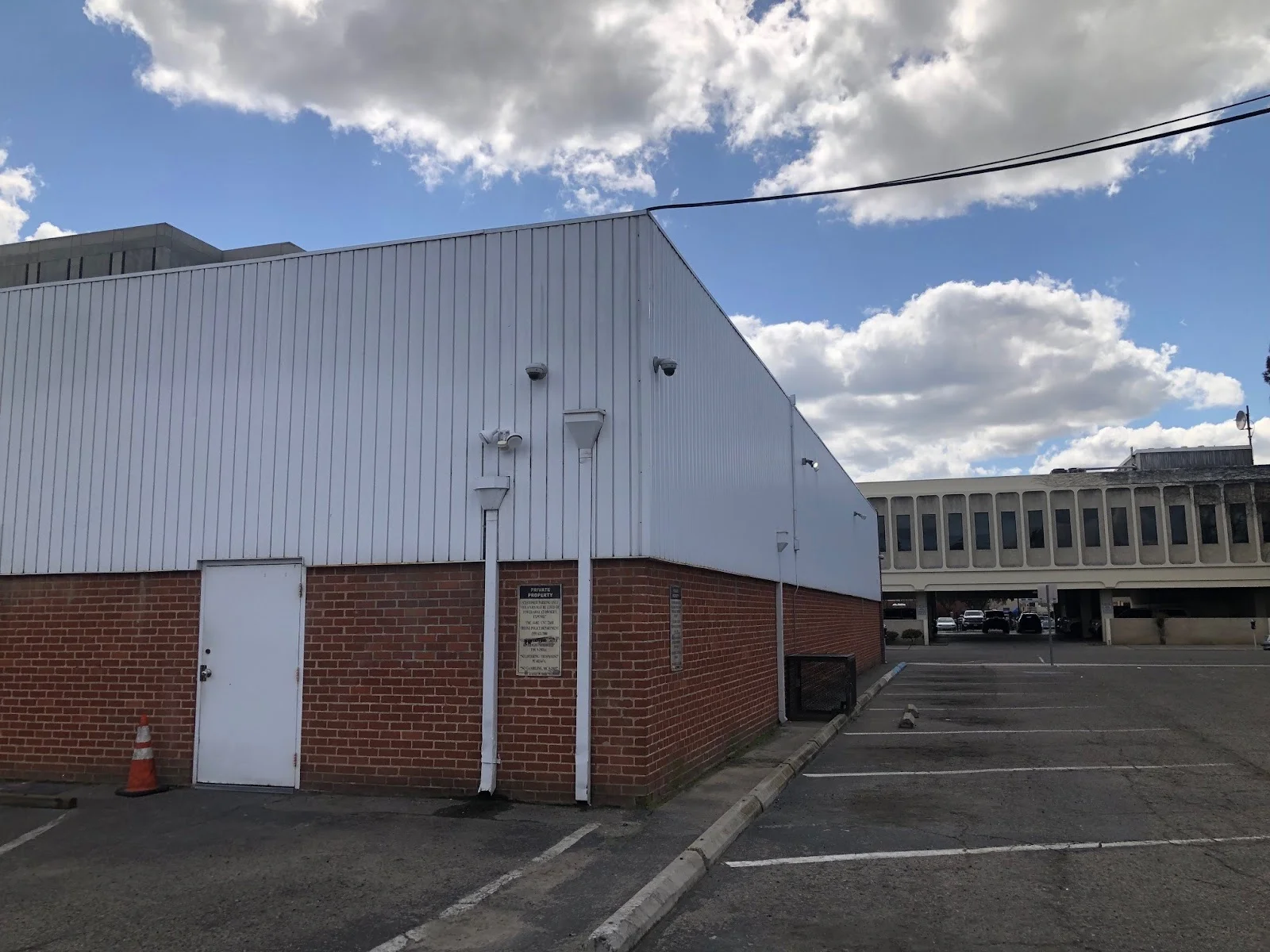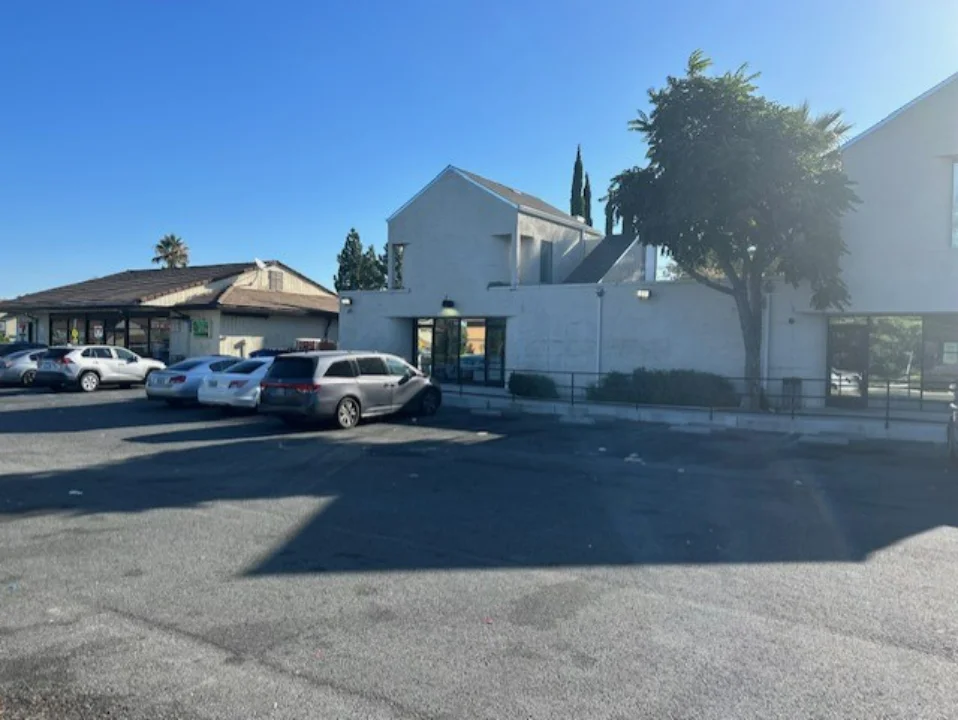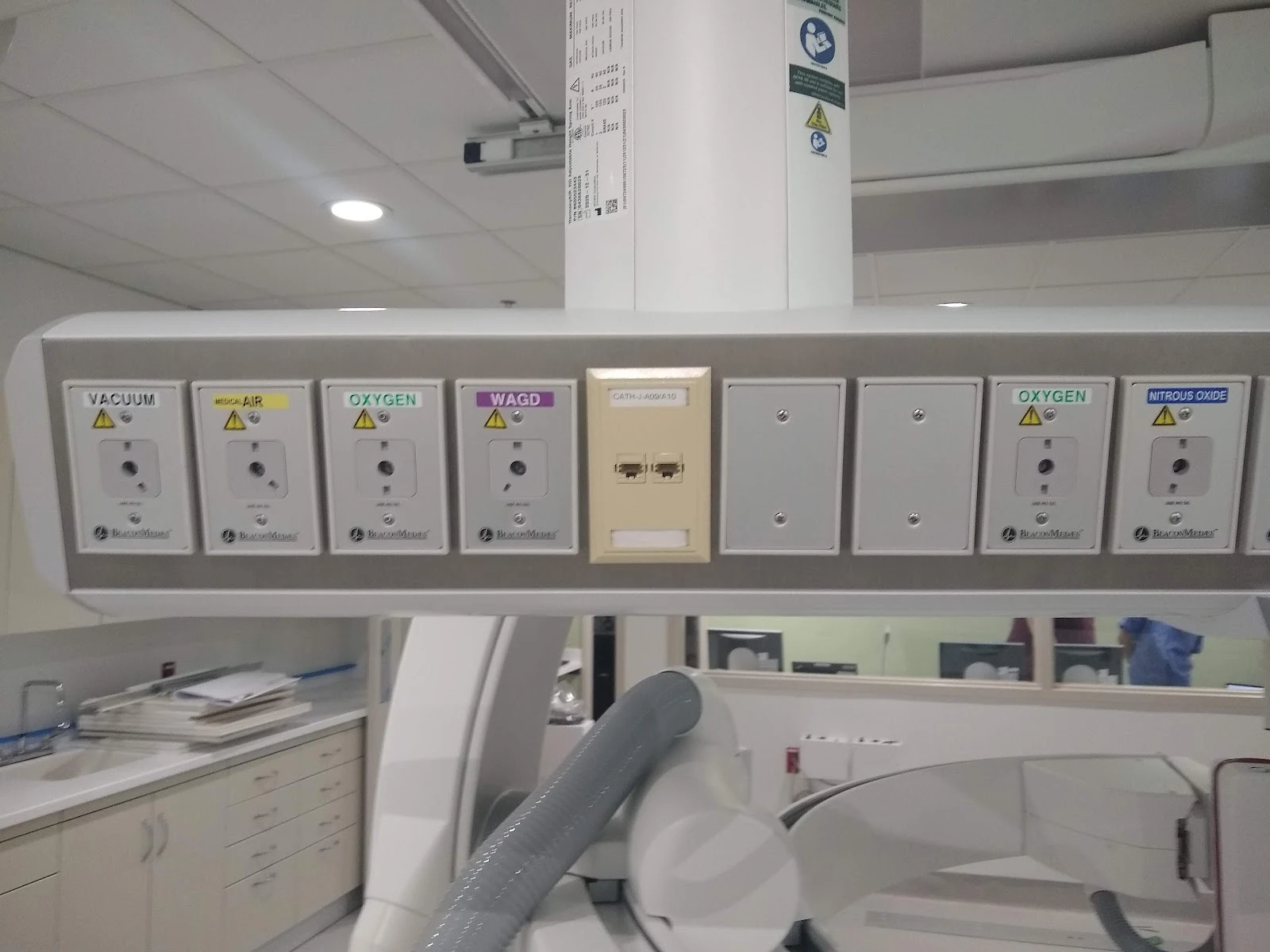MedMark Treatment Centers – Fairfield is a private clinic that specializes in treating opioid use disorder (OUD) with accessible and adaptable outpatient therapy. It is situated in Fairfield, California, next to Alan Witt Park. MedMark provides tailored therapy that meets clients where they are in their recovery path, catering to the particular requirements of each adult seeking recovery. Given that each addiction situation is unique, MedMark is dedicated to providing focused, tailored treatment that assists clients along their journey.
One of MedMark's main offerings is its outpatient treatment programs, which let patients get therapy on a regular basis while still living at home. For individuals with less severe symptoms, this method is often suggested since it allows them to continue with their everyday obligations while participating in planned rehabilitation activities. A crucial element of MedMark's strategy is the integration of family, group, and individual therapy. In addition to offering clients the chance to support one another in a peer environment, these sessions educate participants on the nature of addiction and provide coping mechanisms and relapse prevention tactics. Family therapy places a special emphasis on giving family members the skills and information they need to help their loved ones become well.
Additionally, MedMark promotes the use of Medication-Assisted Treatment (MAT), which combines thorough counseling services with FDA-approved drugs like buprenorphine and methadone. MAT helps clients focus more intently on their recovery journey by reducing cravings and withdrawal symptoms. This comprehensive approach addresses the psychological and physical elements of addiction in order to encourage long-term health and recovery.
Numerous insurance policies are accepted by MedMark Treatment Centers, including state Medicaid, Medicare, and VA coverage. In order to guarantee the greatest assistance possible, prospective clients are advised to confirm their coverage details prior to beginning treatment, given the variety of both in-network and out-of-network advantages.
Since 2006, MedMark, now a division of BayMark Health Services, has expanded from three programs in Northern California to more than 50 sites nationwide. In spite of this growth, MedMark is unwavering in its dedication to providing compassionate care and working to improve the lives of patients, families, and communities. In addition to medication assistance therapy (MAT), MedMark's opioid treatment programs include drug abuse counseling and other supportive services that help people in recovery feel hopeful and lead better lives. The facility is renowned for providing patients from all backgrounds with the respect and care they need in a secure, judgment-free atmosphere.
Fairfield's MedMark Treatment Centers is accredited and renowned for upholding the highest standards of healthcare. The facility is licensed by the state of California, is listed by SAMHSA, recognized by CARF, and validated by LegitScript. These certifications are a testament to MedMark's commitment to upholding the highest standards in the treatment of opioid use disorders and offering high-quality care in a caring setting.
MedMark Treatment Centers Information
Treatment
Who We Treat
- Male and Female
Treatment Focus
- Co-Occurring Disorders
- Drug Addiction
- Trauma
- Opioids
Approaches
- Individual Treatment
- Evidence-Based
- Medical
- Group Therapy
- 1-on-1 Counseling
- Mindfulness-Based Cognitive Therapy
- Medication-Assisted Treatment (MAT)
- Relapse Prevention Counseling
Conditions We Treat
- Depression
- Anxiety
- Trauma
- Co-Occurring Disorders
Substances We Treat
- Prescription Drugs
- Heroin
- Opioids
Languages
- English
Aftercare
- Outpatient Treatment
- Drug Screening
- Aftercare Group Therapy
- Continuing Care
Level of Care
- Outpatient
- Aftercare/Continuing Care
Experience
Personal Amenities
- Air-Conditioned Rooms
Smoking and Vaping Policy
- Smoking Allowed
- Vaping Allowed
Accreditations
-
SAMHSA certification for opioid treatment program (OTP)
SAMHSA's Opioid Treatment Programs (OTPs) accreditation is a rigorous recognition process that signifies an OTP's commitment to providing high-quality care for individuals dealing with opioid use disorders. It assures patients, families, and the community that the program adheres to evidence-based practices, employs qualified staff, and maintains a safe treatment environment. This accreditation is a symbol of quality and accountability, offering confidence in the program's ability to support individuals on their path to recovery from opioid addiction.
-
Commission on Accreditation of Rehabilitation Facilities (CARF)
Established in 1966, the non-profit organization known as the Commission on Accreditation of Rehabilitation Facilities (CARF) has a dedicated focus on accrediting rehabilitation organizations. CARF's primary mission is to assist service providers, particularly rehabilitation facilities, in upholding and promoting the highest standards of care.

-
State department of health
Government agencies issue State Licenses, granting rehabilitation organizations permission to operate their businesses lawfully within specific geographic regions. The specific licenses needed for legal operation are typically determined by the type of rehabilitation program offered by the facility and its physical location.

Additional Locations
MedMark Treatment Centers Accepts The Following Insurance Plans
Find the best treatment options. Call our free and confidential helpline today!









